
Rogers Becomes Exclusive TTC Wireless Provider, Bringing 5G and 911 Emergency Services to Commuters
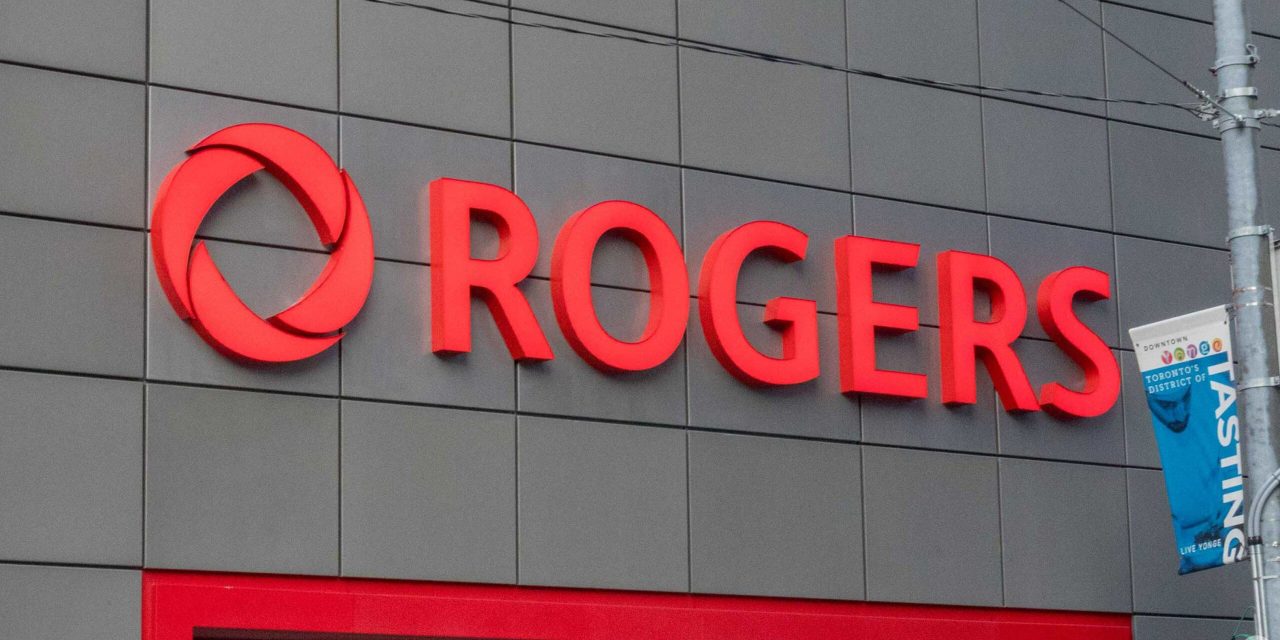
Rogers, one of Canada’s largest telecommunications providers, has announced that it will provide 5G connectivity services to Toronto’s entire subway system, including access to 911 for all riders. This is a major step forward for Toronto’s transit system, which has been plagued by serious safety concerns in recent years, including sexual assaults and homicides.
The announcement comes after Rogers entered into an agreement to acquire BAI Communications’ Canadian operations, which held the exclusive rights to build the Toronto Transit Commission’s (TTC) wireless network. In 2012, the city granted a C$25 million contract to BAI to provide the wireless infrastructure on Toronto’s entire subway system for 20 years, with the requirement to sign up enough service providers to cover 60% of the TTC within a year or transfer the contract to another party.
Despite BAI’s efforts, only Freedom Mobile signed up in 2015 and now covers only about 6% of the system. Bell, Rogers, and Telus backed off, as they believed that the infrastructure would not be able to handle the number of users or their data requirements. In recent years, BAI also tried to garner public support to sway the telco giants, launching an online campaign, iwantaccess.ca, that invited TTC riders to sign a petition requesting the so-called Big Three use its network.
But with Rogers’ acquisition of BAI, Toronto’s transit system is poised to receive a much-needed upgrade. The completed 5G network will deliver seamless wireless coverage with mobile voice and data services in all 75 stations and almost 80 kilometres of Toronto’s subway system. This is part of Rogers’ commitment to expand connectivity for Torontonians, and it is a significant first step in modernizing and expanding the existing network to deliver enhanced 5G wireless service to millions of transit riders throughout the entire subway system in Canada’s largest city.
However, it is not clear whether the service will be available only to Rogers customers or all Torontonians. A TTC spokesperson said that BAI exceeded its contractual obligations by building infrastructure for Wi-Fi in stations and for a cellular network in the ‘downtown U’ section of Line 1 and service from Sheppard West to Vaughan Metropolitan Centre. Nonetheless, according to Rogers’ press release, this only accounts for 25% of the tunnels where TTC users could make 911 calls. It remains to be seen whether Rogers will allow other providers to participate, but the company clarified that Freedom Mobile’s agreement with BAI remains unchanged, meaning Freedom customers will continue to have the same wireless access on the TTC that they do today.
The rollout of 5G is expected to take approximately two years, and network installations will happen during limited overnight construction time windows so the subway remains operational for riders. This is a significant challenge, but Rogers is committed to delivering the best possible service to Toronto’s transit riders. The safety of riders has been a pressing concern for the City of Toronto as well. Last month, a motion presented by Deputy Mayor Jennifer McKelvie was passed, urging all cell phone providers to ensure service is available across the subway system.
Former councillor Ana Bailao welcomed the news of the deal, saying she is “grateful” for all the campaigning that went into this, while the Beaches-East York councillor Brad Bradford contended, “Waiting two more years for this buildout to happen, when it should have happened a decade ago, is another example of the endless delays and deferral that hold Toronto back.” Nevertheless, the announcement is a significant step forward for Toronto’s transit system and its millions of riders, and it is sure to have a positive impact on the city’s economy and quality of life.


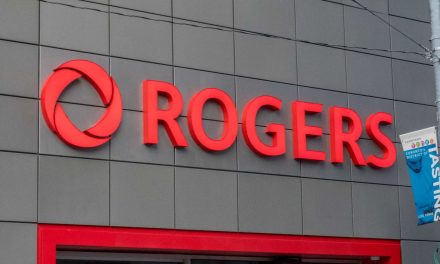







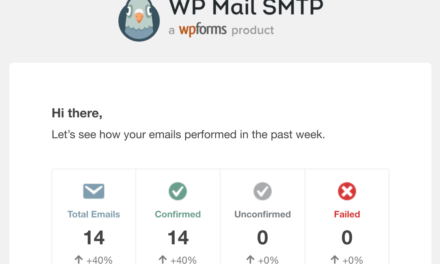
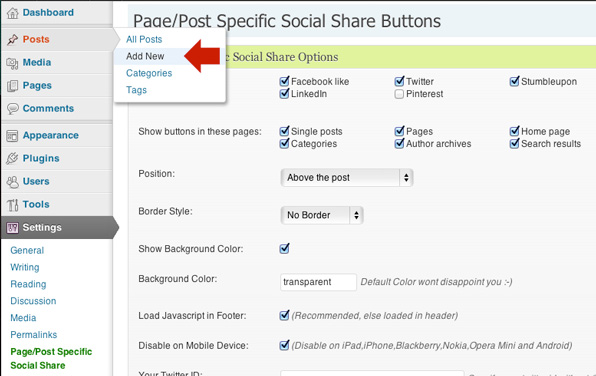






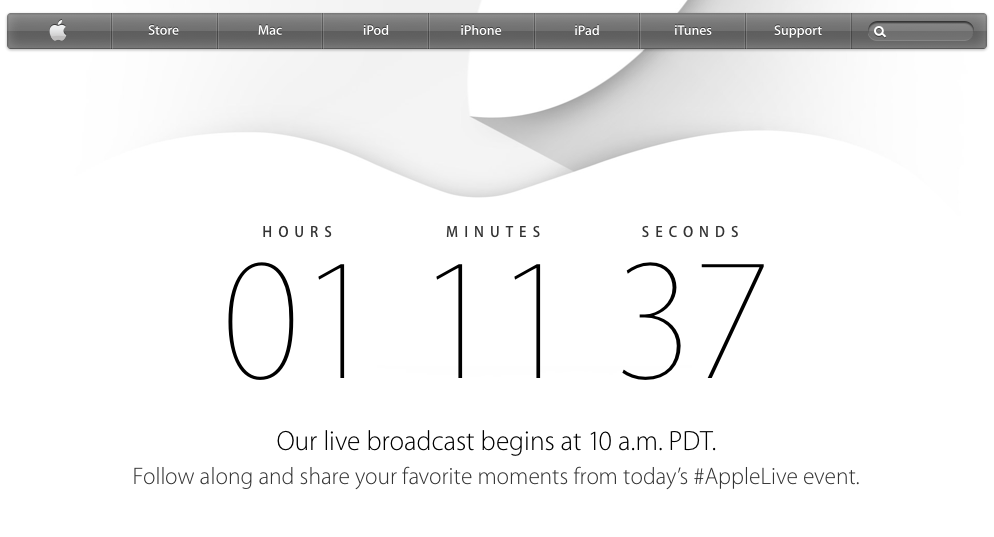





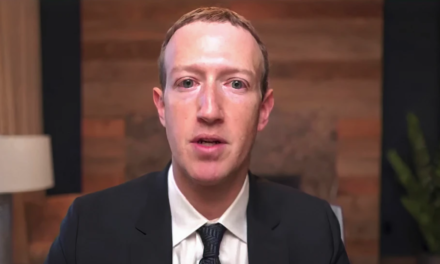

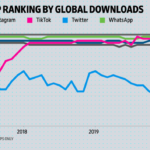











Recent Comments